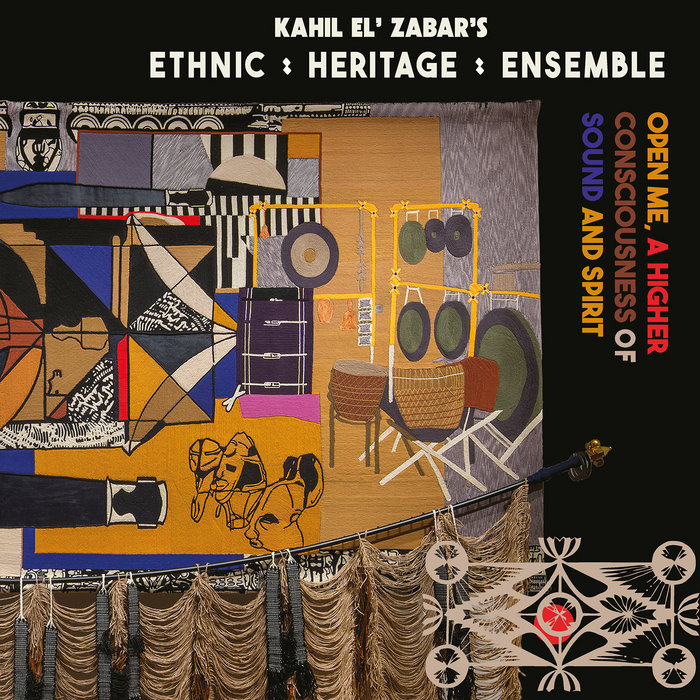
Compared to What – Ethnic Heritage Ensemble
this blog is GROOVY – check out great Soul, Funk, Jazz, Hip Hop, Bass, Breaks , Reggae, House n many more TUNES
When you think about music that makes your body want to move, chances are African rhythms pop into your mind. The heartbeat of Africa resonates through its rich tapestry of sounds and styles, each telling stories as old as time. So, grab your djembe, feel the vibe, and let’s spin through the history of this captivating genre!
African rhythms have been around for millennia—long before recorded history began! It’s believed that rhythmic patterns were used in ancient tribal ceremonies and rituals, setting the stage for communal celebrations. Drumming was not just a way to jam; it was a means to communicate over long distances.
In many cultures across Africa, music has always been more than entertainment; it’s woven into the fabric of community life. Take the West African griots, for instance! These traditional storytellers are like walking Spotify playlists—they keep oral histories alive with rhythm and song.
As people moved across the globe—due to trade, colonization, or good old adventure—their music traveled too! African rhythms made their mark on jazz in America during the early 20th century. Think about it: tap dancing wouldn’t be half as cool without those infectious beats!
By blending with other genres such as gospel and blues (thanks often to musicians who weren’t afraid of getting funky), these beats evolved further into rock ‘n’ roll—and boom! We had an explosion of sound that changed everything.
Africa isn’t just one big musical stew; it’s a whole buffet! Each region boasts its own unique grooves:
And let’s not forget about all those heart-pounding drum circles where folks gather around under moonlight—you can practically feel the energy radiate!
Did you know some renowned musicians have quirky ways they get inspired? For example:
Now there’s a guy comfortable in his own skin…literally!
The late 20th century brought fame beyond borders. As world music gained traction in festivals like Roskilde or WOMAD (founded by Peter Gabriel), audiences started digging deeper into authentic African sounds rather than just Western interpretations.
Artists like Hugh Masekela helped bring South African jazz onto international stages while keeping their roots intact—but did you know he was also an anti-apartheid activist? Talk about using rhymes for change!
Moreover, let’s give props to Youssou N’Dour from Senegal whose blend of traditional mbalax rhythm took him well past national fame—all thanks to killer tunes infused with infectious gaiety.
Some artists really have funny moments offstage too:
I mean who wouldn’t clap loud when someone walks up dressed sharper than most red carpet guests?
Fast forward to today—the love for Afro-centric music is at an all-time high! Artists collaborate globally now more than ever: Drake sampled Nigerian artist Wizkid’s work seamlessly bringing Afrobeats mainstream attention.
Then there’s Black Coffee shaking up dance floors worldwide—and rumor has it he’s got some crazy dance moves himself too—definitely worth seeing live if you’re lucky enough!
Not only do contemporary artists continue building bridges between cultures but they also advocate social issues ranging from education rights through their lyrics—even electronic DJ sets echoing ancestral beats keep their essence alive amidst modern productions.
So here we are—a little dance down memory lane celebrating how far African rhythms have come—from ancient tribes whispering tales around firesides—to global superstars rocking stadiums filled with fans craving every beat drop imaginable.
Remember next time you’re tapping your feet or busting out those killer dance moves—it might just be some funky ancestor urging you onward through generations past reveling together still today!
Let’s celebrate these timeless influences while respecting what comes before us; because after all…music is universal…it transcends barriers…and makes our world groove together harmoniously…now that’s something truly worth dancing about! 🎶✨

Compared to What – Ethnic Heritage Ensemble